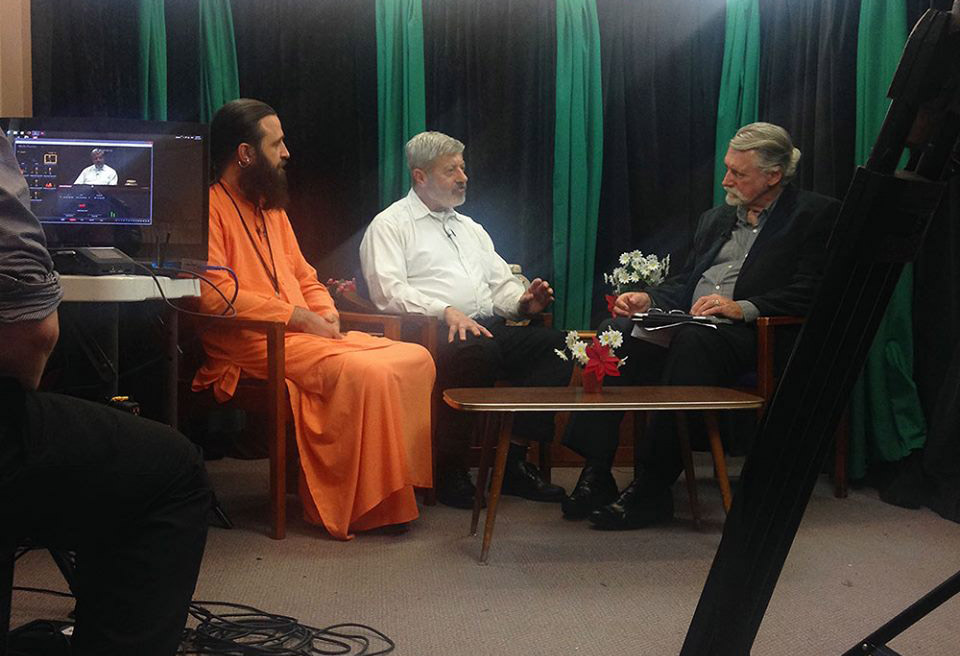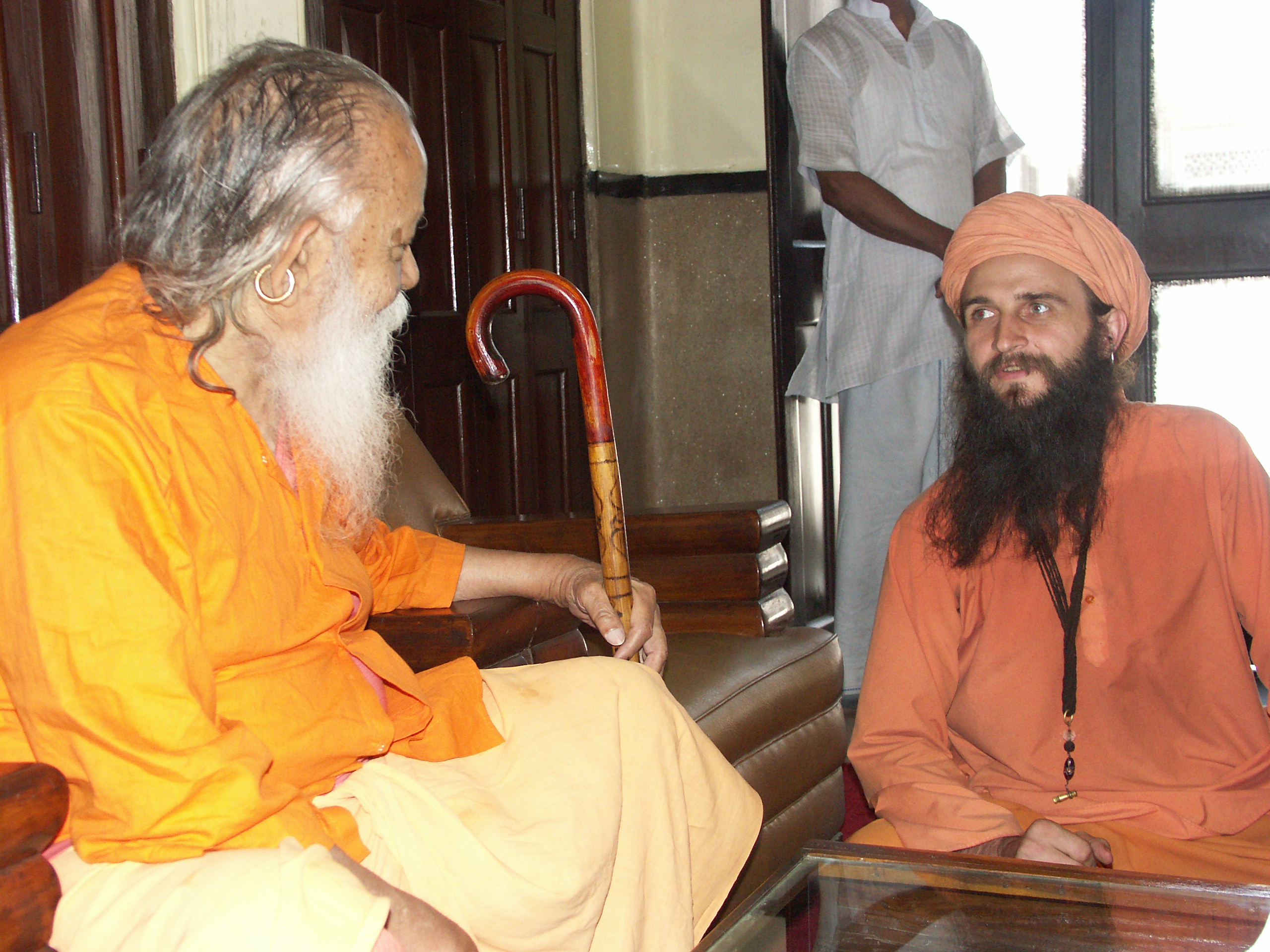Different texts give the different signs of the progress in prāṇāyāma. The most famous is the division of the levels into the duration of the breath holding, namely कनिष्ठ kaniṣṭha (short period), मध्यम madhyama (medium) and उत्तम uttama (high). The yogin controls sweating (स्वेद sveda) on the first one, trembling in the body (कम्प kampa) on the middle and on the highest, according to the Gheraṇḍa Saṃhitā (5-56), “earth abandonment” is happening or levitation (भूमि त्याग bhūmi tyāga). In other texts for example, in the description of the third stage, it is said about “fatigue”, “melancholy” (विषाद viṣāda), but since “triumph” (जय jaya) is used in relation to the three conditions, so it is about “conquering the gravity”, above “fatigue”, i.e. in contrast to the lightness. Therefore भूमि त्याग bhūmi tyāga can be understood not necessarily as a physical levitation, but more often as an “easy state,” although in some cases one cannot exclude the other.
Some tantras, for example, the Āgamarahasya-tantra or Mārkaṇḍeya-purāṇa (Ch. 36) give a similar description, the Kūrma-purāṇa (2.36, 21-26) says about the four processes of progress in prāṇāyāma. They are as following:
- ध्वस्ति dhvasti – the cessation of attachment to the fruits of good and bad actions.
- प्राप्ति prāpti – independence from such conditions as kāma, lobha, moha; abandonment of the wishes of the ordinary (ऐहिक aihika) and other (अमुष्मिन् amuṣmin) worlds. Acquisition of the abandonment of all desires (स्यात्सर्वकामिकी syātsarvakāmikī).
- संविद् saṃvid – knowledge (comprehension) of the past (अतीत atīta), the future (अनागत anāgata), nearest and remote objects, the moon, the sun, the planets, etc. (of the macrocosm).
- प्रसाद prasāda – realisation of “mercy”, “divine grace” thanks to which the mind, feelings, senses and five pranas are appeased.
There is a description of the other four elements closely associated with the four aforementioned in the purāṇa, for example in the Vāyu-purāṇa (11.4 – 11) and in the cases where they are quoted by tantras accordingly.
- शान्ति śānti – getting rid of imperfections (पाप pāpa).
- प्रशान्ति praśānti – perfection in speech, elimination of the problems associated with the father, mother and other relatives (पितृमातृप्रदुष्टानां pitṛmātṛpraduṣṭānāṃ).
- दीप्ति dīpti – enlightened vision, the vision of the past and the future, comprehension of the objects of the universe (the sun, the moon, etc.).
- प्रसाद praśāda – an appeasement of the five prāṇa, the mind, the senses and their objects of perception.








